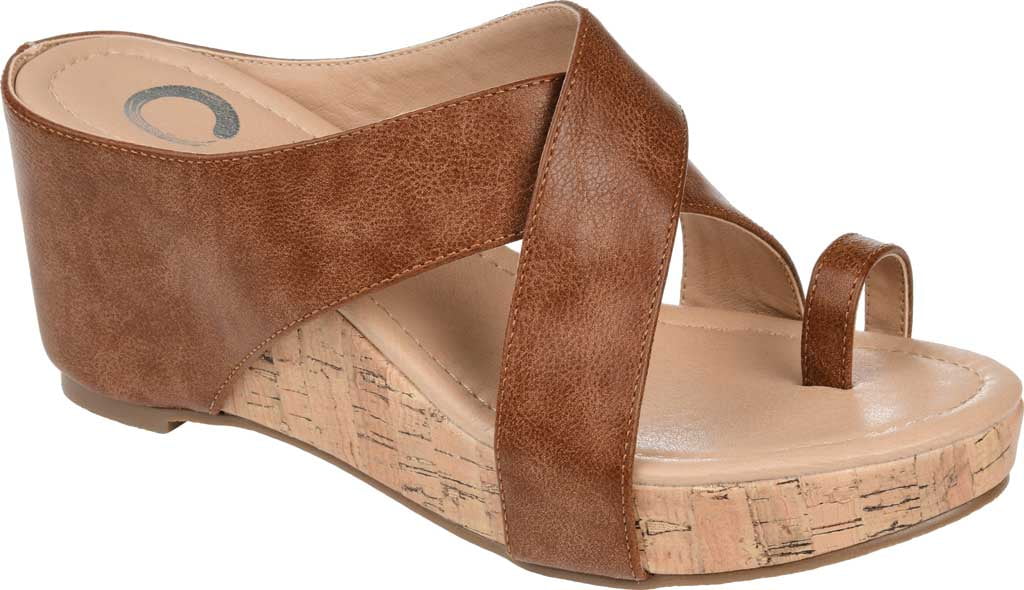

Prior to this he spent 3 years at Facebook in Dublin, and many more as a Data Scientist in the media industry.

Aaron Brace is the Co-Founder of ad-tech start-up Tack Tech, the first platform of its kind to enable advertisers to automate AI-driven audience testing and deploy ads across multiple ad networks simultaneously. How and why are online dating apps different from other ways of meeting people for romantic or sexual relationships? Can we really compare?Īnd what long-term effects do the algorithms in dating apps have on our relationships and our society. so do we really know what they're doing, or if they're any good? What kind of messages tend to get through? How do algorithms encourage certain behaviours, emotions, presentation styles?Īre algorithms on dating apps essentially the same? Do they encourage different behaviours or have any effect at all?ĭo we even know what the algorithms in dating apps are doing? None of them are open source. What is their purpose, how do they filter social interactions and prioritize certain types over others? How do algorithms work on digital communication platforms? Aaron Brace about how algorithms shape our online relationships and interactions, with a focus on the influence of algorithms in the world of online dating. Diana Paiva is active on social media platforms, including Twitter, and LinkedIn. After graduation, her main priority is to find a job in communications or public relations. She has an interest in technology, fashion, and the environment. Starting her master’s in journalism made her realise that she has a passion to report and write people’s stories. She graduated from Birkbeck University, with a degree in modern languages and she is currently doing a master’s in Journalism at the University of Roehampton. David Boles also talks about blockchain in the environment and talks about climate change activist Greta Thunberg.ĭavid Boles is the CEO of the Climatemoney Fintech, climatemoney. A graduate of UCD’s Civil and Environmental Engineering programme, he was honoured in 2018 for his work on carbon mitigation in the multipoint emission sectors. David’s innovative approach to emission reduction programmes, expressed via the startup climatemoney lays out a pathway to achieving net-zero emissions beyond political soundbites of pledges and targets set.ĭiana is currently interning with Irish Tech News. He explains the purpose of climatemoney and the change they are making to fight against climate change.


On this Podcast, Diana Paiva is joined by David Boles, CEO of climatemoney, a banking app that allows customers to automatically know the carbon footprint of their purchases and lifestyle emissions. His books have been translated into ten different on Twitter.
Journee collection how to#
Ian MacRae is an award-winning author, psychologist and psychometrician, He has written six books about workplace psychology including High Potential: How to Spot, Manage and Develop Talented People at Work, and his latest book is Dark Social: Understanding the darker side of work, personality and social media. He was warded the 2019 “Young Scientist Award for Socio and Econophysics” of the German Physical Society. His work has appeared in a wide range of top scientific journals (including Science, PNAS and Nature Human Behaviour) and has been extensively covered by the media. He researches how we shape, and are shaped by, the socio-technical systems we inhabit using data science, mathematical modelling, and lab experiments with human subjects. Andrea Baronchelli is Associate Professor in Mathematics at City University of London and Token Economy theme lead at The Alan Turing Institute. How do web3 and cryptocurrencies currently overlap with our society and economy, and how are they likely to impact us in the future?ĭr. What is needed to make them possible and effective at large scales? What can we learn from how they’ve evolved, and are there any lessons we can apply to making our own communities, businesses, or society more resilient?Īre self-organizing systems possible outside of web3 and decentralized environments? Some communities have emerged out of black markets, and these systems tend to be extraordinarily resilient, even under constant threat. Web3 was initially designed for peer-to-peer transactions, so how do larger networks form out of peer-to-peer transactions? After they form are these networks more static or dynamic? What is self-organization and how does that happen in a decentralized system? How is it different from organizing in physical spaces? How communities self-organize in web3 and cryptocurrency ecosystems Andrea Baronchelli about how communities self-organize around cryptocurrencies and web3 ecosystems, and what we can learn about network effects and resilience from these communities.


 0 kommentar(er)
0 kommentar(er)
